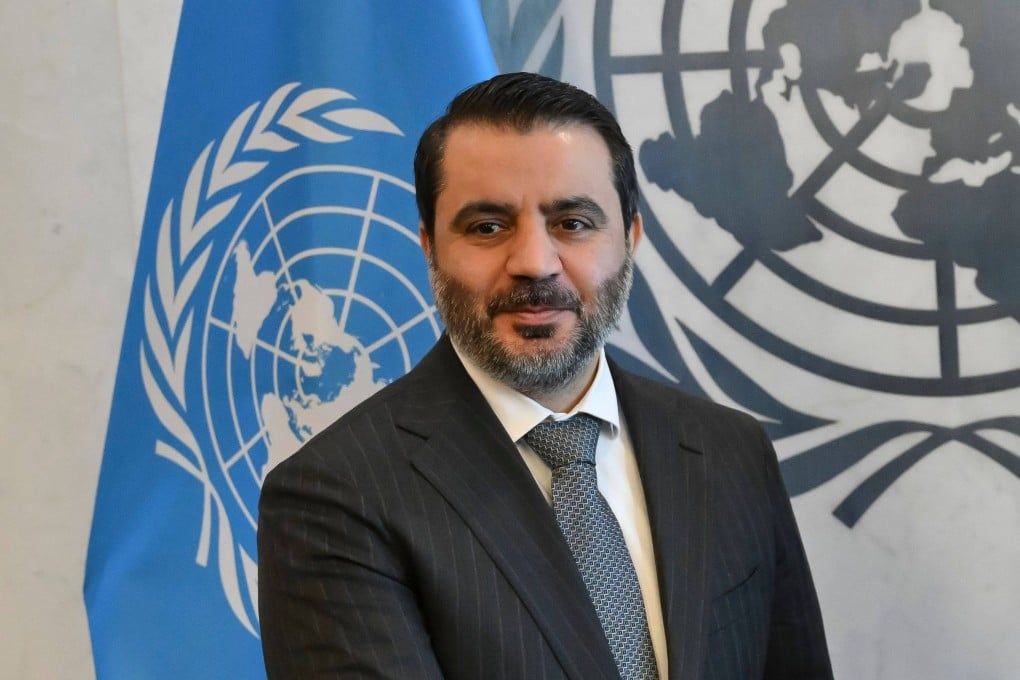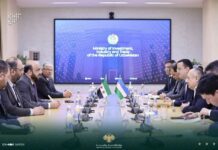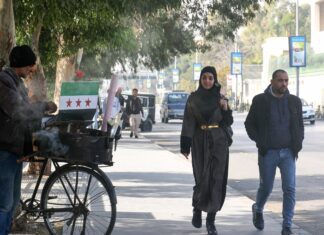
Syrian Foreign Minister Asaad al-Shaibani issued an open letter to Paulo Sérgio Pinheiro, chair of the UN International Commission of Inquiry on Syria, in response to the body’s latest report on the March 2025 coastal massacres. In the August 8 letter, Shaibani highlights what he called an “extraordinary and historic step” by the new Syrian government: its decision not to object to the renewal of the Commission’s mandate, a measure the former Assad regime had consistently opposed. The move, he noted, led to the unanimous adoption of the resolution by the Human Rights Council for the first time in modern Syrian history.
The minister welcomed the report’s acknowledgment of the “unprecedented and unrestricted” access investigators received in March to violence-affected areas in Latakia and Tartus—access, he emphasized, never before granted to an international body in contemporary Syria.
Alignment with National Findings
Shaibani said the Commission’s findings mirrored those of Syria’s Independent National Commission, established by President Ahmad al-Sharaa within days of the violence. That inquiry, made public in July, identified hundreds of alleged perpetrators from both interim security forces and pro-Assad remnants. The minister stressed that allegations remain under investigation and that several individuals have been detained.
These actions, he argued, represent the government’s commitment to building “credible national institutions” after inheriting a judicial and security apparatus weakened by decades under Assad. The letter pointed to the government’s ongoing efforts to reform institutions “rooted in justice and the rule of law” in line with international obligations.
Addressing Disinformation and Media Narratives
The minister welcomed the report’s recognition of the impact of disinformation spread through social media during the March events, which he said hindered the identification and prosecution of actual crimes. He noted that this acknowledgment is crucial to ensuring “future responses are based on documented facts rather than fabricated narratives.”
Shaibani contrasted the Commission’s conclusion—that there was no evidence of a government policy directing the crimes—with what he described as premature or misleading findings by some human rights organizations and media outlets. He reiterated that the interim government had issued “clear orders to prevent violations and restore order” during the unrest.
Commitment to Reform and International Partnership
The letter also placed the March violence in the broader context of Syria’s current challenges: the legacy of atrocities committed by the Assad regime, attacks by its remnants, and the difficulty of reforming the security and military sectors. Shaibani expressed confidence that the Commission’s recommendations, alongside those of the National Inquiry, would serve as a “roadmap for Syria’s continued progress” despite internal and external pressures.
He closed by affirming Syria’s commitment to “constructive cooperation” with the Commission and the wider international community, and by expressing condolences to the families of victims. The government, he wrote, is determined to expand reforms and ensure accountability to prevent future violations.








